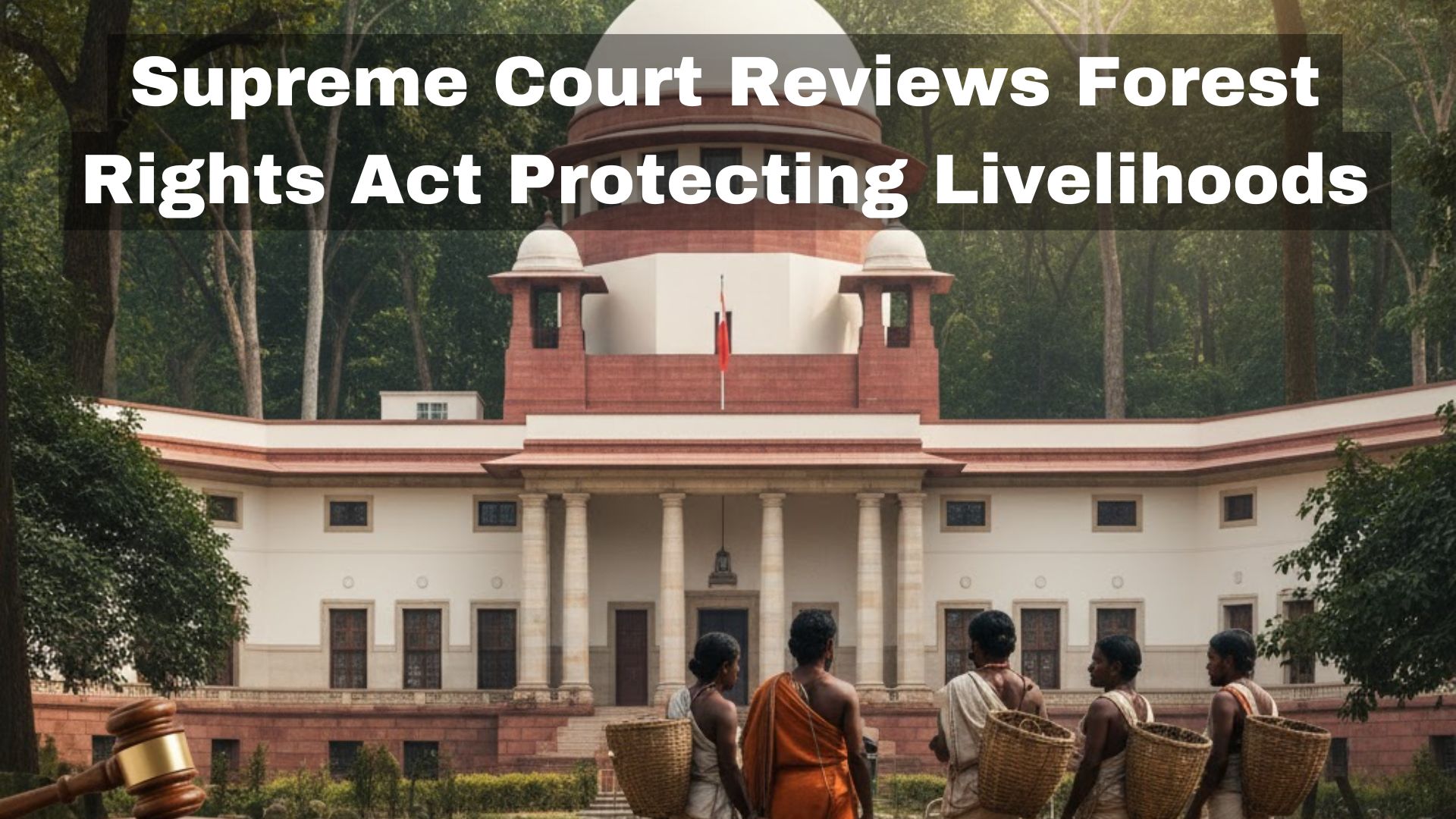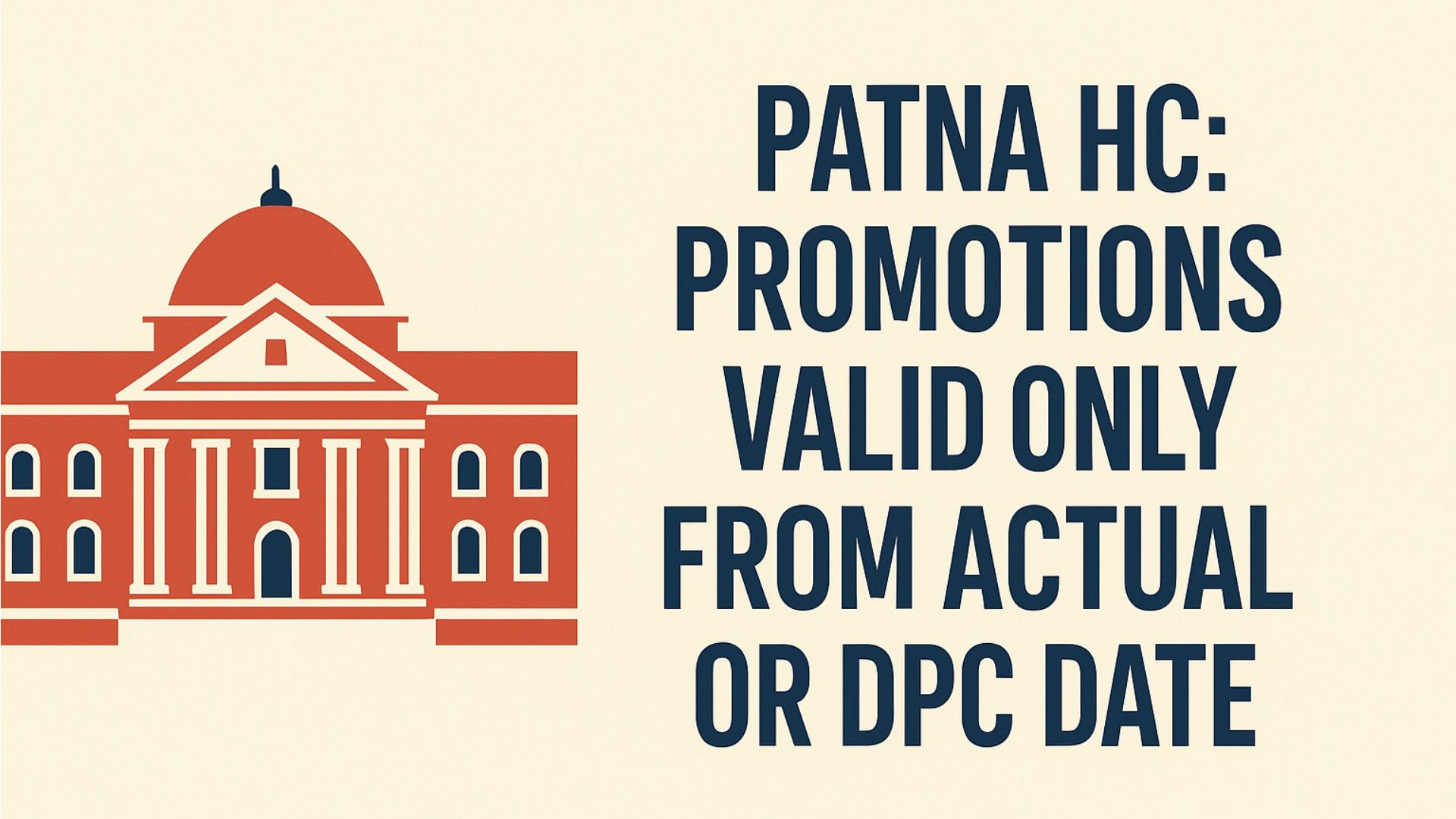H.R. Khanna, J.@mdashThis appeal on certificate is against the order of the Rajasthan High Court dismissing in limine the petition under Articles
226 and 227 of the Constitution of India, filed by the appellant against the Union of India, the State of Rajasthan and two others, praying for
quashing the demand made from the appellant in respect of royalty.
2. The appellant tools on lease 180 acres of land from the Government of Rajasthan on June 18, 1962 for the purpose of mining gypsum ore for a
period of 20 years. Section 9(2) of the Mines and Minerals (Regulation and Development) Act, 1957 relates to royalties in respect of mining
leases. According to that provision, the holder of a mining lease granted on or after the commencement of the said Act shall pay royalty in respect
of any mineral removed or consumed by him or by his agent, manager, employee, contractor or sub-lessee from the leased area at the rate for the
time being specified in the Second Schedule in respect of that mineral. The Second Schedule provides at item No. 13 the rate on which royalty,
etc., in respect of gypsum is to be paid. According to that item at the relevant time, royalty would be at the rate of Rs. 1.25 per tonne of gypsum
containing 85 per cent and above CaSO 2HO and at the rate of .75 paise per tonne of gypsum containing less than 85 per cent of CaSO 2HO.
4 2 4 2
3. Royalty was demanded from the appellant in respect of gypsum won by him at the rate of Rs. 1.25 per tonne. The case of the appellant,
however, is that the gypsum which was won by him contained less than 85 per cent of CaSO 2HO. As against that, the stand taken by the
4 2
respondents is that the appellant failed to furnish the analysis reports from a standard laboratory to show that gypsum won by him contained less
than 85 per cent CaSO 2HO. Revision filed by the appellant against the decision of the Rajasthan Government to charge royalty at the rate of Rs.
4 2
1.25 per tonne was dismissed by the Central Government.
4. The High Court dismissed the writ petition on the ground that it involved determination of disputed questions of fact. It was also observed that
the High Court should not in exercise of its extraordinary jurisdiction grant relief to the appellant when he had an alternative remedy. After hearing
Mr. Sobhagmal Jain on behalf of the appellant, we see no cogent ground to take a view different from that taken by the High Court. There cannot,
in our opinion, be any doubt on the point that the extent of purity of the gypsum won by the appellant is a question of fact. It has also been brought
to our notice that after the dismissal of the writ petition by the High Court, the appellant has filed a suit, in which he has agitated the same question
which is the subject-matter of the writ petition. In our opinion, the appellant cannot pursue two parallel remedies in respect of the same matter at
the same time.
5. Mr. Sobhagmal points out that the suit brought by the appellant has been dismissed in default and that an application for the restoration of the
suit has been filed in the trial Court. Learned Counsel for the respondents state that they would not oppose the application for restoration of the
suit. We, therefore, dismiss the appeal but with no order as to costs.

